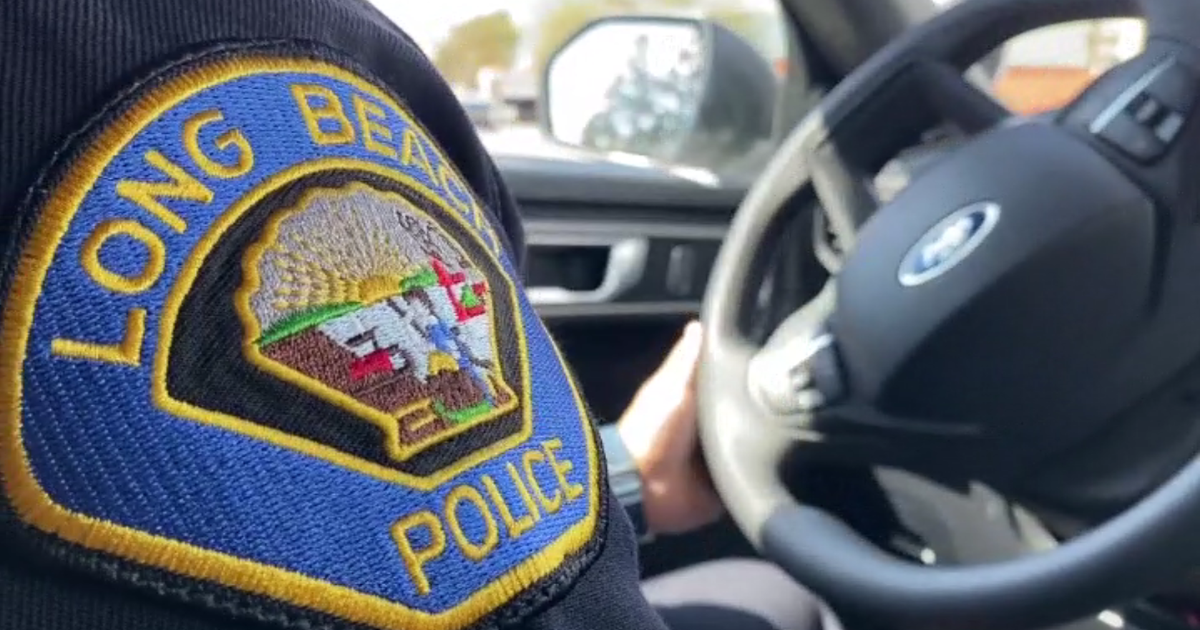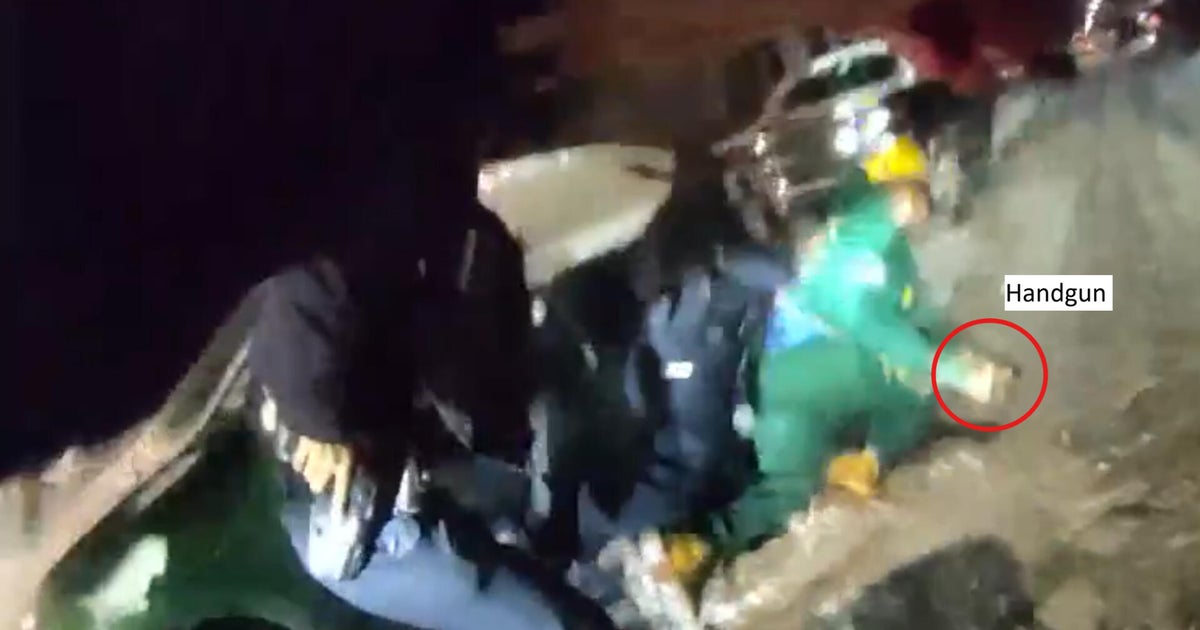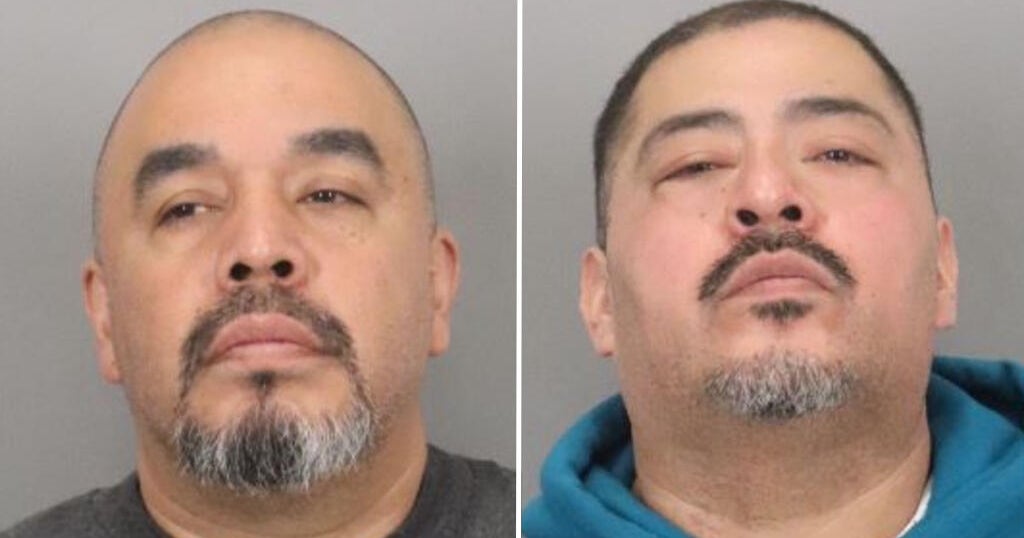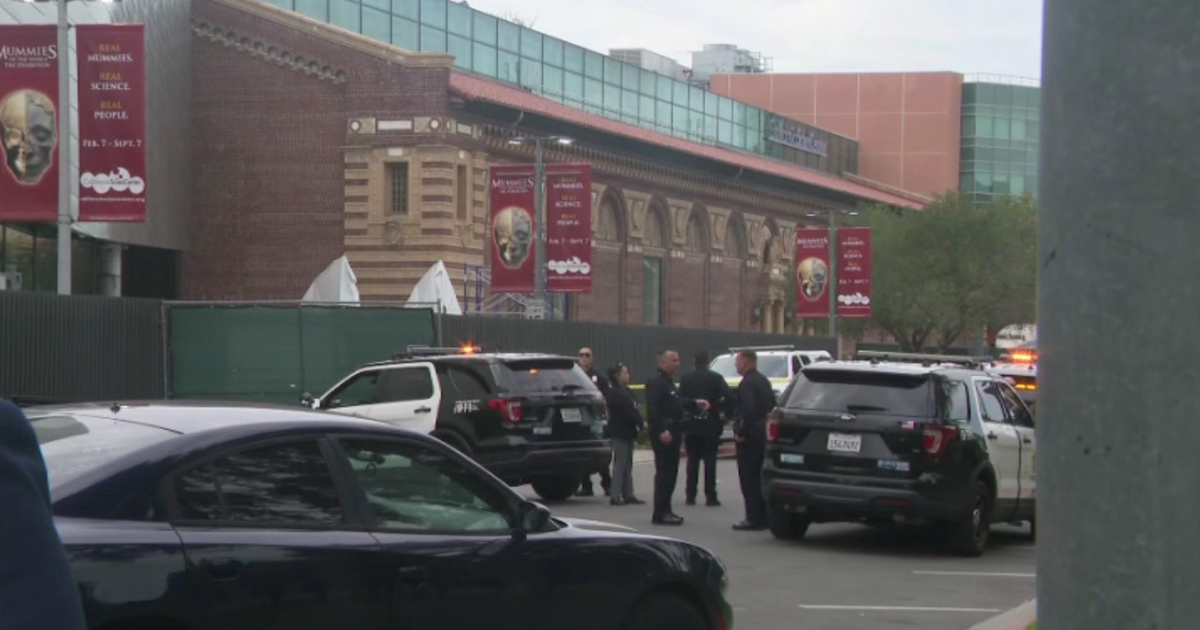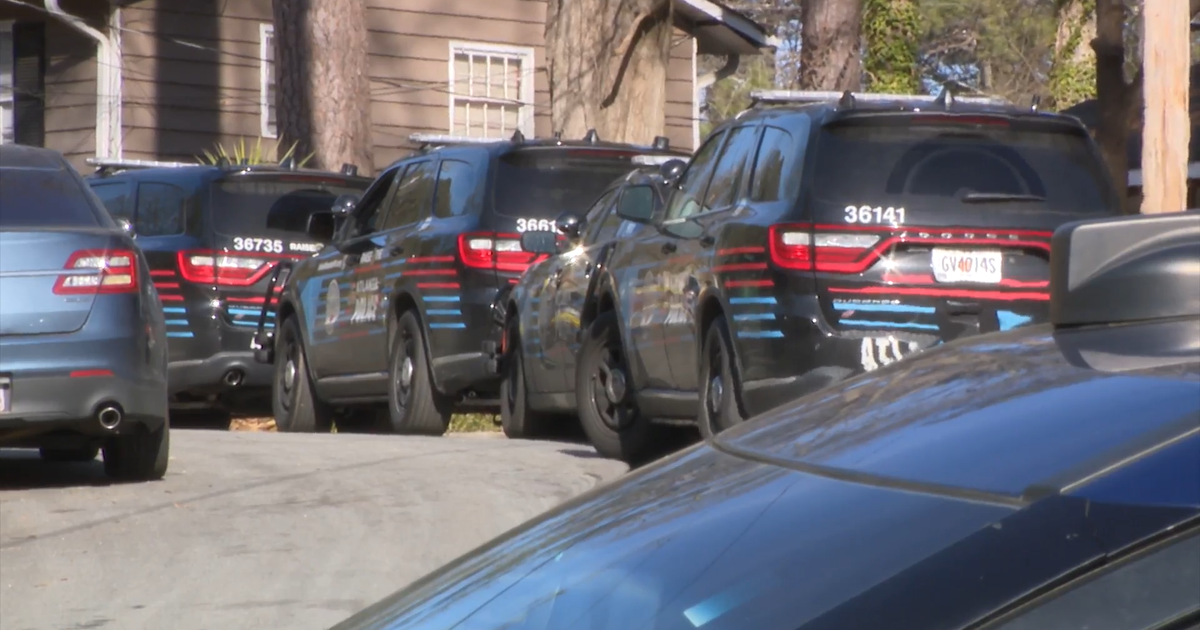'Next Step' Program Aims To Help Gun Violence Victims Avoid Retaliation
MINNEAPOLIS (WCCO) -- As conversation continues on how to reform the Minneapolis Police Department, we hear over and over about the need to fund additional programs.
One of those programs is already up and running. It's an outside-the-box approach to stopping gun violence that starts in the emergency room. And dramatic data suggests it's a program that works.
Aug. 30, 2020 was a Sunday afternoon. Three men were shot in a car outside a Brooklyn Center apartment Complex. Darius Rogers, a beloved friend and family member, died at the scene. The other two men survived. Carlos Morgan was one of them.
"I believe I got shot the last round. After that I just remember me getting out of the car and I was able to run upstairs into my sister's apartment and let them know. And after that I just passed out and woke up in the hospital," Morgan said.
He says adrenaline must have masked the pain.
"I didn't know how serious it was till I got out of surgery. And they told me, the bullet was an inch away from my spinal cord," he said.
Morgan was critically injured. He was riddled in pain and aching over the loss of his best friend.
"I never thought in a million years I would be a gunshot victim, 'cause I separate myself from that or things that would cause that to happen," he said.
The North High School graduate who was working full-time helping people relocate suddenly found himself considering something he never thought he would.
"Anybody who gets hurt, their first thought is to get revenge somehow or some way, and that was my first thought. It was in my mind at the time," Morgan said.
But someone interrupted those thoughts, a stranger who approached him in the hospital, a lifelong educator named Larry Burgess. He told WCCO how he stops people from retaliating: "Showing them love, showing them another way."
Burgess is part of a cutting-edge violence prevention program which is a joint effort by the city of Minneapolis, HCMC and North Memorial called Next Step.
They have trained case workers step in -- at the ER -- right after a victim is shot or stabbed.
"When you are actually seeing the bullets, the gunshot wounds, whether it's to the chest or the leg or the head, it's something that ... you have to be strong to experience it," Burgess said.
The ER interrupters calm patients who are in the tensest of moments.
"There was a young man, a victim. He was a little frantic. When I walked in there, he actually said, 'Oh, it's good to see somebody back here who looks like me. I feel more comfortable now,'" Burgess said.
It's a program with astounding results. Data from a five-year period shows it used to be quite typical that a crime victim would become a victim again; 41% of victims would end up getting shot again. Now, the local numbers after one year of the program are 3%.
"It's just speaking a positive message. You will have so much more to offer. Because you are a survivor of this situation, you have a testimony, a powerful message. Your message of you overcame is something these kids, a lot of youth, need to hear," Burgess said.
They bring comfort and clarity in moments of crisis. And then beyond providing counseling and helping victims who may be struggling with addiction or homelessness get what they need.
You can count Carlos Morgan, who decided not to retaliate, as one of their great successes. He says he believes the program saved his life, crediting the program making sure crime victims' next step is a good one.
As for his next step, he's "Hoping when I get healed, go on and pass on the process and help other people."
The suspect in Morgan's case has been charged. Carlos says he will let the court system handle the consequences.
Brooklyn Center Police, who worked the crime, say programs like this are very helpful to police as they cut down greatly on the re-occurrence of crime.


